Crypto futures exchanges are subject to different regulations depending on the country or region in which they operate.
Some of the standard requirements are:
- We are registering with the relevant authorities, such as FinCEN, SEC, CFTC, etc., in the U.S. or FIU in India.
- We implement KYC and AML policies to prevent money laundering and terrorist financing.
- Complying with tax laws and reporting obligations in the jurisdictions they serve.
- We are obtaining licenses or approvals for offering certain products or services, such as ETFs, options, margin trading, etc.
However, not all crypto futures exchanges follow these regulations, either because they are based in jurisdictions with lax or unclear rules or because they evade or violate the existing laws.
This can expose them to legal risks, such as fines, sanctions, lawsuits, or bans.
Here is a summary of the regulatory status of the crypto futures exchanges you mentioned, based on the latest available information:
#1. Bybit Regulations
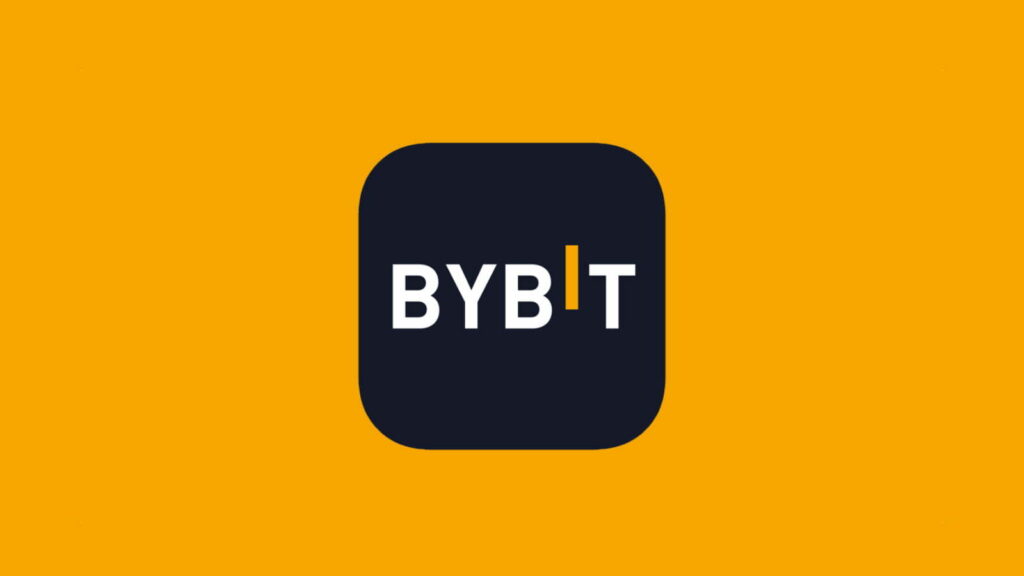
Bybit demonstrates a solid commitment to regulatory compliance and user safety, with a zero-tolerance policy against transactions linked to sanctioned entities and high-risk sources.
It adheres to global anti-money laundering standards to preserve the integrity and security of its platform.
Bybit’s regulatory posture involves compliance with the Dubai Financial Services Authority (DFSA) and the Monetary Authority of Singapore (MAS).
It has integrated AML and CTF standards into its operations. The exchange has secured a license in Dubai, indicating its commitment to robust regulatory frameworks.
This move is part of its organizational redevelopment, including obtaining licenses in Cyprus and Kazakhstan while exiting Canada due to recent regulatory developments.
To comply with local financial regulations, bybit enforces access restrictions in several jurisdictions, including the United States, mainland China, Singapore, and certain Canadian provinces.
It operates in more than 160 countries but carefully aligns its services with each country’s legal and regulatory environment.
Bybit’s approach to regulatory compliance includes pursuing tier-1 licensure and implementing KYC procedures for platform users.
#2. BingX Regulations
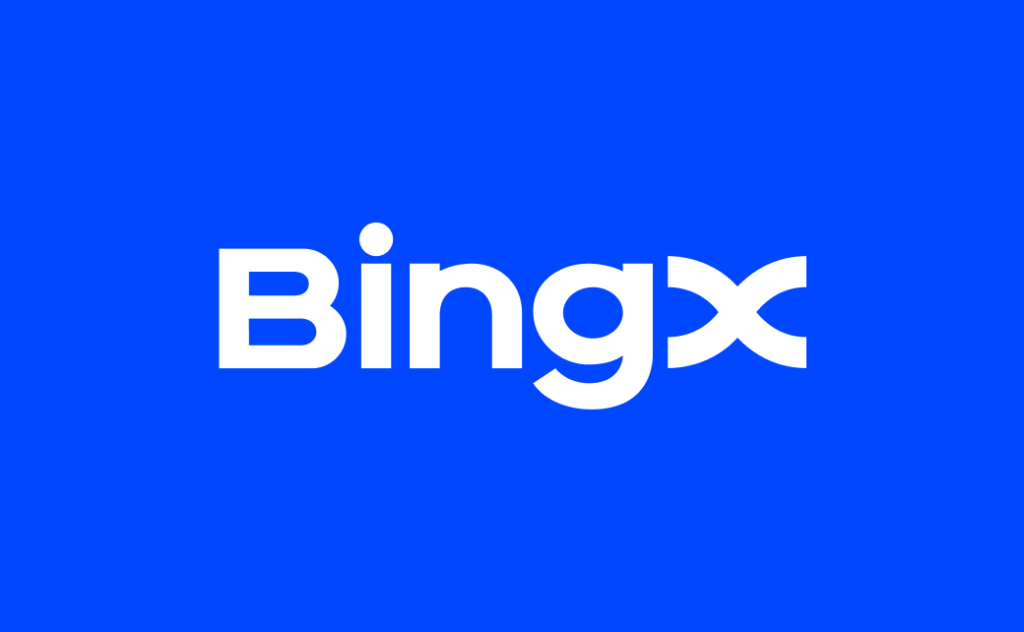
BingX has established itself as a prominent player in the cryptocurrency exchange market by adhering to regulatory compliance and securing necessary licenses to operate in various jurisdictions globally.
The BingX Group operates internationally with branch offices in the E.U., Australia, Hong Kong, and Taiwan.
It has registered or obtained regulatory approval in several countries, showcasing its compliance and user safety commitment.
In the United States and Canada, BingX has obtained compliance licenses to operate as a Money Services Business (MSB), marking a significant step in its efforts to tap into major global markets.
This compliance enables BingX to offer its services more broadly, aiming to build trust and ensure security for its users in these regions.
The licenses from FinCEN in the U.S. and FINTRAC in Canada allow BingX to engage in forex activities and deal in both forex and virtual currencies.
BingX provides a wide range of services, including derivatives and spot trading, with leverage of up to 150x on certain products.
It has also embraced innovative features like grid bots for automated trading and Virtual USDT (VST) for demo trading, allowing users to practice strategies without financial risk.
Additionally, BingX supports a variety of payment methods for purchasing cryptocurrencies, although it notes that using third-party providers for card payments may incur higher fees.
Security and user protection are central to BingX’s operations.
The exchange has undergone security audits by reputable firms like CertiK and SlowMist. It employs bank-grade custody solutions to safeguard user assets, with a significant portion of assets stored in cold wallets.
BingX’s regulatory compliance extends beyond North America, with registrations as a Digital Currency Exchange in Australia and accreditation by the Financial Services Authority of Estonia, emphasizing its global commitment to legal and regulatory standards.
#3. Phemex Regulations
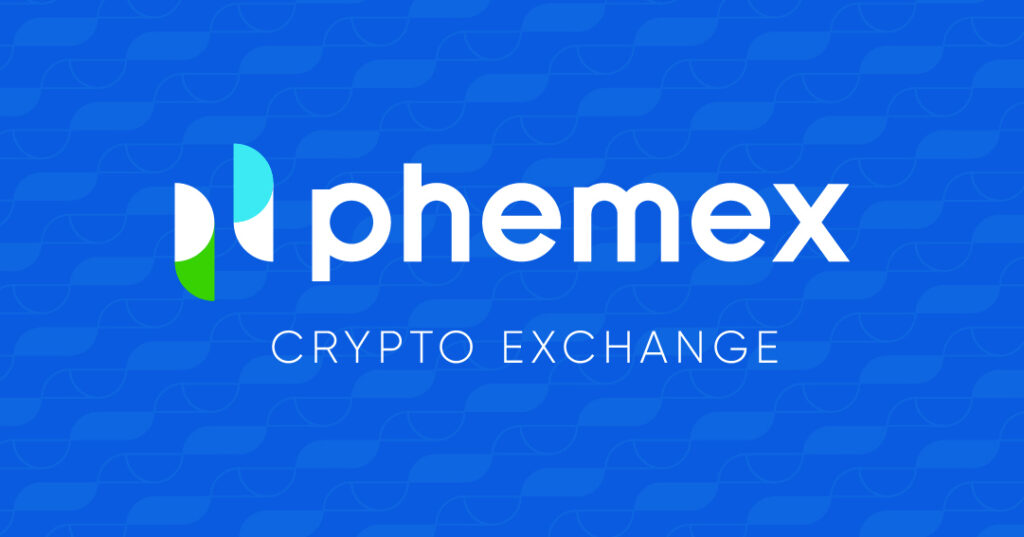
Phemex, a cryptocurrency exchange founded in Singapore, offers services, including spot and derivatives trading, staking, and lending.
It’s known for its professional-grade trading platform, appealing to institutions and individual traders.
Phemex prides itself on fast trade execution, low trading fees, high liquidity, and innovative features like zero-fee spot trading for premium members.
However, it does not support fiat deposits and is unavailable in the U.S. due to regulatory restrictions.
The platform has faced scrutiny from regulatory bodies. In 2021, the U.K.’s Financial Conduct Authority (FCA) warned against Phemex for operating without authorization.
More recently, in 2023, the Ontario Securities Commission (OSC) in Canada began proceedings against Phemex for alleged non-compliance with securities regulations.
Despite these challenges, Phemex remains committed to regulatory compliance and has registered as a Money Services Business (MSB) with FinCEN in the United States.
However, due to these regulatory challenges and the platform’s policy of not serving US-based customers, potential users are advised to proceed cautiously.
Phemex emphasizes security, implementing two-factor authentication (2FA) measures and storing most user funds in cold storage.
It also conducts regular security audits to avoid potential threats, aiming to build high user trust.
The platform offers a wide selection of over 250 cryptocurrencies for trading and has processed over $3 billion in daily trading volume, demonstrating significant market presence and liquidity.
#4. MEXC Regulations

MEXC Global has gained recognition for its commitment to regulatory compliance, holding a Money Services Business (MSB) license in the United States and an MTR license from Estonia’s financial regulator.
These licenses allow MEXC to offer cryptocurrency, fiat-currency conversion services, and digital-asset wallet services, highlighting its regulatory adherence and focus on security.
The exchange does not typically charge deposit fees for most cryptocurrencies, but the specific cryptocurrency’s network costs determine withdrawal fees.
For example, Bitcoin withdrawals incur a fee of 0.0005 BTC. MEXC’s spot trading fees are notably competitive, with both makers and takers enjoying a 0% fee structure, which is advantageous for minimizing trade execution costs.
Futures trading also benefits from low fees, with no maker fees and a taker fee of 0.01%.
The platform’s verification levels influence deposit and withdrawal limits, with unverified accounts limited to a daily withdrawal of 5 BTC, while verified accounts have a higher limit of 50 BTC.
MEXC supports various payment methods for deposits and withdrawals, including bank transfers, Alipay, Advcash, Skrill, and more, accommodating a diverse user base.
The exchange’s expansive support for over 1,000 cryptocurrencies positions it as a central player in crypto trading, catering to a global audience except several restricted countries, including the United States, Canada, and others, due to regulatory considerations.
However, it’s important to note that while MEXC has implemented various security measures and offers a competitive fee structure, potential users should conduct thorough research and consider their specific trading needs before choosing an exchange.
Regulatory compliance, supported currencies, countries, and payment methods are critical factors when selecting a trading platform.
#5. Stormgain Regulations
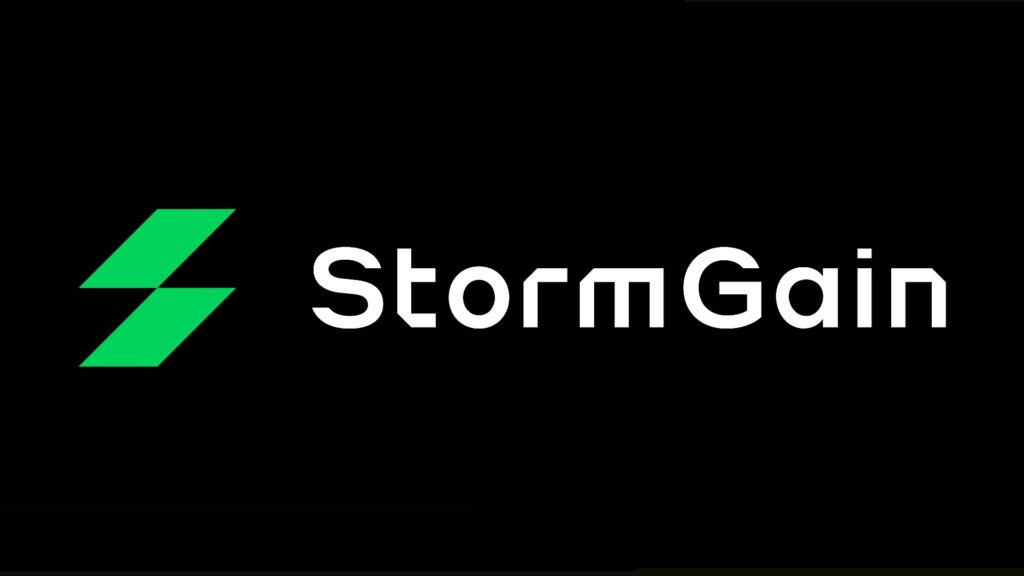
Stormgain is a cryptocurrency exchange offering a wide range of cryptocurrencies for trading, focusing on user-friendliness and providing a suite of trading tools, including charts with nine time-frames, trading signals, and a built-in cryptocurrency wallet.
The platform operates on a commission basis for trades executed, with a detailed fee structure that includes deposit fees ranging from 0% to 4%, trading fees between 0.10% and 0.25%, and a specific withdrawal fee for Bitcoin that is notably higher than the industry average.
Stormgain prioritizes security with cold wallets for storing digital assets securely offline and complies with international regulatory standards. Customer support includes live chat, email, and various educational materials.
Stormgain’s leverage trading offers up to 500x leverage on digital currencies, although it’s noted that such high leverage can be risky for inexperienced traders.
The platform does not currently have regulatory oversight but focuses on privacy and security, offering services like cold wallets for asset protection.
It also provides a loyalty program based on trading volume that affects trading commissions, exchange commissions, and bonuses for account replenishment.
Trading on Stormgain doesn’t require KYC verification for crypto transactions, but fiat transactions necessitate verification.
The exchange has been rated highly for its ease of use, fees, deposit methods, customer support, and availability, with an overall rating of 4.7 out of 5 stars.
#6. MEXC Regulations

MEXC, a cryptocurrency exchange that rebranded from MXC to MEXC Global as part of its globalization strategy, has taken steps towards achieving global compliance by obtaining several licenses.
These include Estonian MTR and US MSB licenses and Canadian MSB, Swiss VQF, and Australian compliance licenses, making it one of the exchanges with the most global compliance licenses.
This initiative is part of MEXC’s strategy to adapt to changing markets and deepen its global compliance strategy.
However, MEXC’s compliance and regulatory status is complex and has faced challenges. For instance, Germany’s Federal Financial Supervisory Authority (BaFin) warned about MEXC offering financial services on its website without authorization.
Additionally, FinTelegram reported that MEXC was downgraded to their Red Compliance List due to regulatory warnings and an unclear regulatory situation in the European Economic Area (EEA).
It was noted that MEXC has a valid license from FIU Estonia to operate in Europe. However, there were claims that MEXC Estonia would not be part of the MEXC scheme and would not be connected, raising concerns about MEXC’s license status in the EEA.
MEXC restricts access from several countries, including the United States, Canada, and mainland China, as part of its regulatory compliance efforts.
Despite its attempts at compliance, MEXC has faced regulatory scrutiny and warnings from various jurisdictions, indicating a need for careful consideration by users and investors regarding its regulatory standing and the potential risks involved.
#7. Kraken Regulations
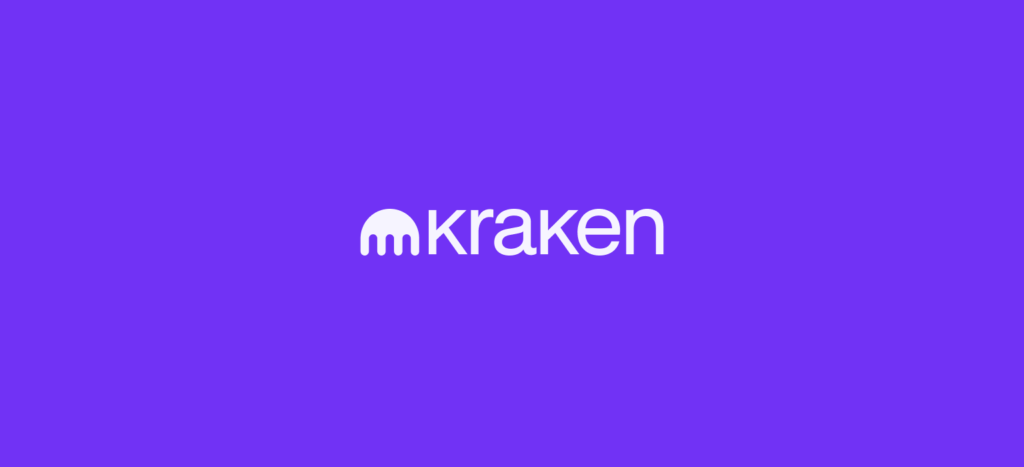
Kraken, one of the world’s leading cryptocurrency exchanges, has taken significant steps to ensure its operations comply with regulatory requirements in various jurisdictions.
In the United States, Kraken is registered as a Money Services Business with FinCEN, and it also operates under a Special Purpose Depository Institution charter in Wyoming, supervised by the Wyoming Division of Banking.
This allows Kraken to provide specific digital asset-related services across states. In Canada, Kraken is registered as a Money Services Business with FINTRAC.
In Europe, Kraken’s U.K. operations are registered as a Cryptoasset Firm with the Financial Conduct Authority (FCA), and it also holds authorization as an Investment Firm for specific crypto asset-related services, including operating a Multilateral Trading Facility and dealing in investments as an agent.
Furthermore, Kraken is recognized as a Virtual Asset Service Provider in Italy, registered with the Organismo degli Agenti e dei Mediatori (OAM).
Expanding its reach into the Asia-Pacific region, Kraken maintains operations in Australia as a registered Digital Currency Exchange with AUSTRAC.
In the Middle East, specifically in the Abu Dhabi Global Market (ADGM), Kraken operates under Financial Services Permission from the Financial Services Regulatory Authority (FSRA) for Providing Custody of Digital Assets and Operating a Multilateral Trading Facility.
Most recently, Kraken achieved further European expansion by securing an E-Money Institution (EMI) license from the Central Bank of Ireland, enabling the expansion of its EUR fiat services in partnership with European banks across the E.U. and EEA.
Additionally, Kraken has obtained registration as a Virtual Asset Service Provider in Spain, allowing it to offer cryptocurrency exchange and custodial wallet services to Spanish residents.
These regulatory milestones underscore Kraken’s commitment to compliance and its effort to provide secure and regulated global crypto services.
#8. Binance Regulations

Binance has significantly ramped up its efforts to enhance regulatory compliance and user protection across the globe. In 2022, Binance focused on increasing its compliance initiatives and securing registrations and licenses in 14 jurisdictions by the end of the year.
This effort was part of a broader strategy to collaborate with regulators worldwide to support a responsible environment for cryptocurrencies.
Binance also took significant steps to strengthen its security and compliance teams, increasing its headcount by over 500% and becoming the first crypto exchange to join the National Cyber-Forensics and Training Alliance (NCFTA).
Additionally, Binance launched a proof-of-reserves (PoR) system, allowing verification that user funds are held 1:1, plus extra reserves, emphasizing the importance of regulatory compliance for the cryptocurrency industry’s future.
Expanding its global presence, Binance acquired Sakura Exchange BitCoin (SEBC), a Japan Financial Services Agency (JFSA) regulated entity, marking its first license in East Asia and demonstrating its commitment to entering the Japanese market under full regulatory compliance.
This move is part of Binance’s strategy to support the global environment for cryptocurrencies and align with local regulations.
Binance’s pivot towards becoming a financial services company is underscored by its focus on regulatory compliance, reflecting a shift from its initial positioning as a technology startup.
This shift emphasizes the exchange’s commitment to adhering to the evolving regulatory landscape and securing its position as a leading and compliant player in the cryptocurrency exchange space.
These developments highlight Binance’s proactive approach to compliance and regulation, signaling its ambition to foster mass adoption of cryptocurrencies securely and regulated.
#9. BitMEX Regulations
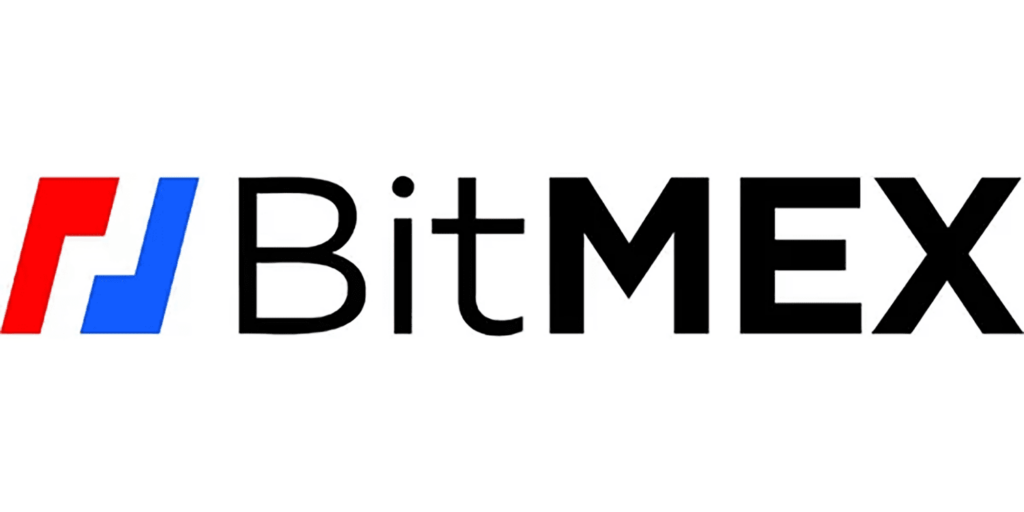
BitMEX, a cryptocurrency derivatives exchange, has undergone significant regulatory scrutiny and compliance developments in recent years.
In August 2021, BitMEX agreed to a $100 million settlement with U.S. regulators, the Commodity Futures Trading Commission (CFTC) and the Financial Crimes Enforcement Network (FinCEN), for violations of the Bank Secrecy Act and other anti-money laundering (AML) laws.
The settlement addressed BitMEX’s failure to implement an adequate AML program and its engagement with U.S. customers without proper registration.
The exchange took measures to enhance its compliance program following the settlement, including prohibiting U.S. users from accessing its platform and developing an AML program.
Despite these challenges in the U.S., BitMEX has sought to expand its operations in Europe. It received regulatory approval from Italy’s Organismo Agenti e Mediatori (OAM) to operate as a virtual currencies and digital wallet services provider.
This approval allows BitMEX to offer spot trading products and services to Italian customers in compliance with local regulations.
The Italian Ministry of Economy and Finance’s policy, introduced in January, mandates cryptocurrency service providers to register and comply with the country’s anti-money laundering provisions, which BitMEX has met.
Furthermore, BitMEX’s European expansion includes its recent launch of a spot crypto exchange supporting several cryptocurrency pairs.
These developments reflect BitMEX’s ongoing efforts to navigate the complex regulatory landscape of the cryptocurrency market.
By securing regulatory approval in Italy and addressing compliance issues in the U.S., BitMEX demonstrates its commitment to operating within the legal frameworks of critical jurisdictions worldwide.
#10. Bitget Regulations
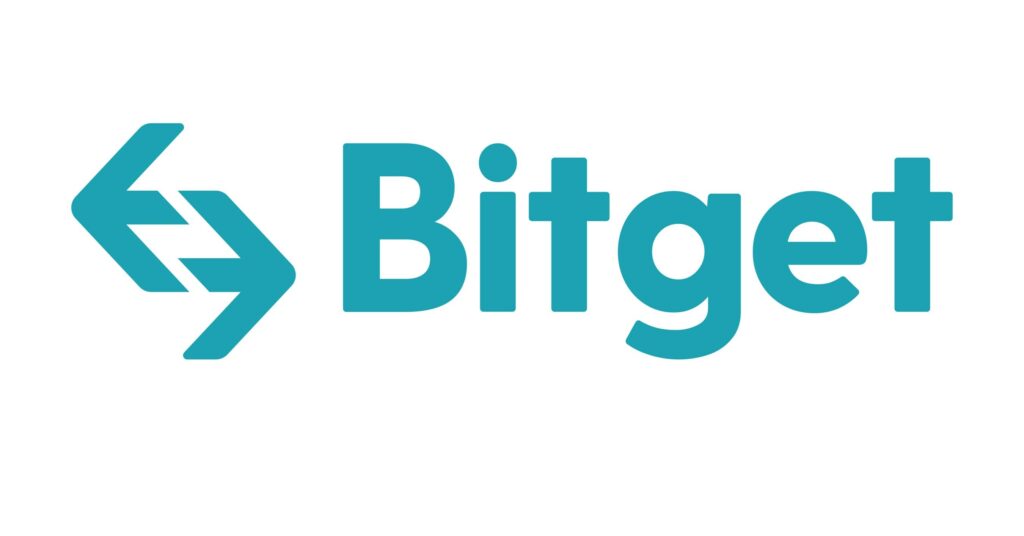
Bitget, a leading global cryptocurrency exchange, is committed to regulatory compliance and expanding its operations within regulated markets.
The exchange has successfully obtained a regulatory license as a Virtual Asset Service Provider (VASP) in Poland, marking a significant step in its European expansion strategy.
This regulatory milestone enables Bitget to operate legally within the Polish market, reflecting the platform’s adherence to local compliance standards and its commitment to providing secure and regulated services to users.
In addition to its regulatory achievements in Poland, Bitget has secured registration in Lithuania.
This move allows the Seychelles-based firm to offer cryptocurrency-related services in Lithuania, aligning with regional laws and regulations. Lithuania’s emerging digital asset market and favorable conditions for blockchain projects make it an attractive location for cryptocurrency companies.
Bitget’s compliance with Lithuanian regulations underscores its proactive approach to global regulation and dedication to maintaining high compliance standards.
Furthermore, Bitget’s reserve funds experienced a significant increase, surging by $80 million in the year’s first quarter.
This financial growth underscores the platform’s stability and the trust it has garnered from its users. Bitget’s focus on security, compliance, and user protection is evident in its efforts to enhance its financial resilience and safeguard user assets against market volatility and potential security breaches.
Bitget’s strategic regulatory compliance in key European jurisdictions and its robust financial health indicates the exchange’s commitment to fostering a safe and regulated environment for cryptocurrency trading.
By prioritizing compliance and user safety, Bitget can expand its services and attract a broader user base in Europe and beyond.
For Bitget, it adheres to international KYC and AML standards and has taken steps to ensure regulatory compliance in various jurisdictions.
Bitget is registered for crypto activities in Lithuania and has received a Virtual Asset Service Provider (VASP) license to operate in Poland.
It also complies with UK-specific FCA regulations and is regulated by AUSTRAC and ASIC in Australia. This indicates Bitget’s commitment to regulatory compliance and safety in significant markets, making it a credible and safe platform for users.
#11. Deribit Regulations
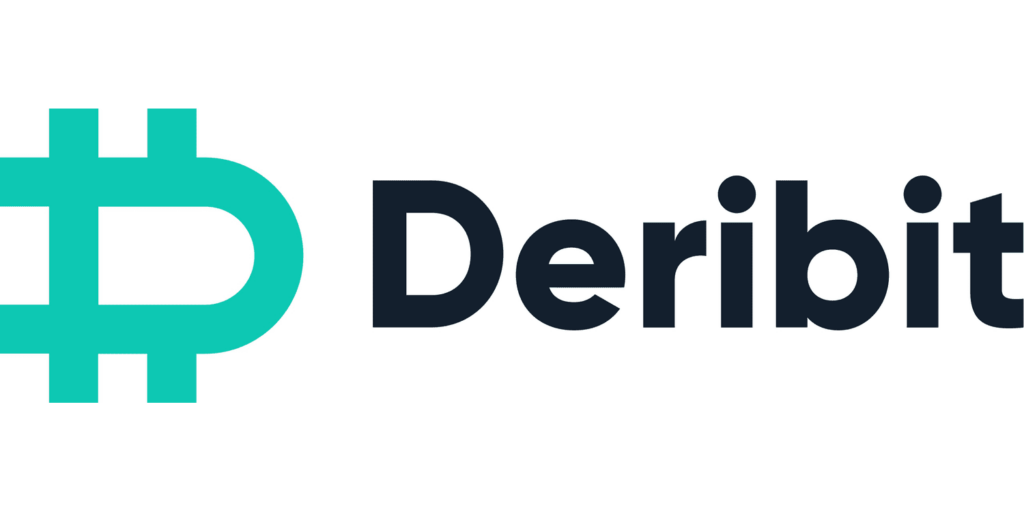
Deribit has made significant efforts to align with regulatory and security standards.
The exchange moved its operations from the Netherlands to Panama to avoid the stringent requirements of the European Union’s Anti-Money Laundering Directive (5AMLD), which aims to combat money laundering and terrorist financing.
This move was primarily to avoid the ambiguity and potential impact of the 5AMLD regulations on Deribit’s operations.
As part of this transition, Deribit updated its Know Your Customer (KYC) policy, introducing different KYC levels to enhance user security and prevent illegal activities on its platform.
This indicates a proactive approach to comply with global regulatory standards despite relocating to a jurisdiction with potentially less stringent regulations.
Additionally, Deribit has taken steps to reinforce its commitment to data security and privacy by obtaining SOC 2 compliance.
SOC 2 is a prestigious certification awarded by the American Institute of Certified Public Accountants (AICPA), attesting to the effectiveness of an organization’s information security policies and procedures.
This certification is a testament to Deribit’s dedication to safeguarding client information and maintaining a robust security infrastructure. The exchange also secured the ISO 27001 certification, demonstrating its commitment to high security and compliance standards.
These efforts by Deribit showcase a solid commitment to regulatory compliance, data security, and privacy, aiming to build trust and confidence among its users and partners in the crypto derivatives market.
#12. PrimeXBT Regulations

PrimeXBT demonstrates a commitment to compliance and security through various initiatives.
It has implemented industry-standard financial monitoring procedures as part of its KYC/AML policies to identify activities requiring additional review.
This adherence extends to complying with GDPR and DPA exemptions for providing customer data to legal or regulatory authorities in specific cases.
PrimeXBT has also partnered with Bitfury to ensure Anti-Money Laundering compliance using Bitfury’s blockchain analytics and cryptocurrency compliance software, Crystal.
This partnership aims to improve client security, enhance AML, and Combat the Financing of Terrorism policies.
While PrimeXBT complies with international AML/KYC laws and is incorporated in St. Vincent and the Grenadines, it does face certain limitations, such as the prohibition of account opening by residents from the US, Canada, Israel, Sudan, Syria, North Korea, Iran, and a few other countries.
These compliance measures underscore PrimeXBT’s commitment to operating within the legal frameworks of the jurisdictions it serves.
However, there are areas where PrimeXBT could improve to enhance regulatory compliance further.
For instance, PrimeXBT operates without a formal regulatory framework, which may concern users seeking platforms with strong regulatory oversight.
This lack of formal regulation might affect the platform’s perceived legitimacy and security by some users, highlighting the importance of continuous efforts to enhance compliance and security measures to build trust among a broader user base.
Conclusion
Regulation and compliance are critical factors for the development and growth of the crypto futures market.
As crypto futures become more popular and mainstream, regulators worldwide take different approaches to oversee and supervise this emerging asset class.
Some jurisdictions, such as the E.U., have adopted comprehensive and harmonized rules for crypto service providers, while others, such as the U.S., are still evolving and relying on existing frameworks and court decisions.
Leading crypto futures exchanges must be aware of the regulatory landscape and comply with the relevant requirements in each market.
This may include obtaining licenses, implementing anti-money laundering and counter-terrorism financing measures, ensuring adequate risk management and consumer protection, and reporting to the authorities.
By adhering to high regulation and compliance standards, crypto futures exchanges can enhance their reputation, attract more investors, and contribute to the innovation and stability of the crypto industry.
